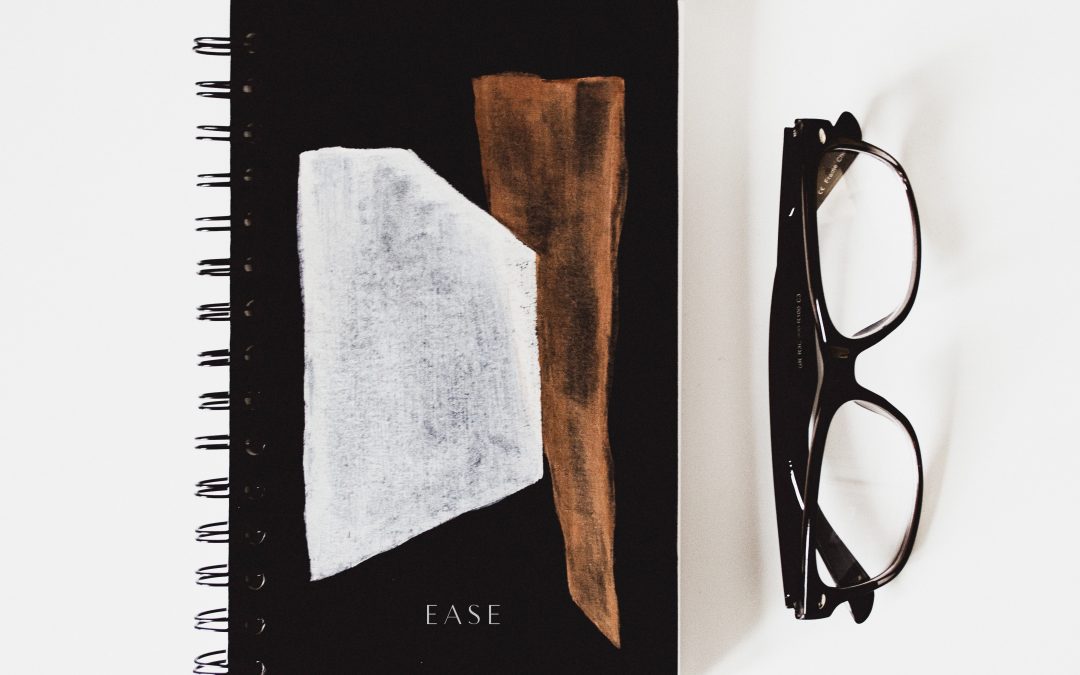Picture by Lauren Sauder
Education abroad is, as we may all agree, a highly powerful tool for enhancing Intercultual Competence. As professionals of study abroad, our main interest should be making sure our students receive the maximum support through this experience.
In host countries, this support is mainly provided by local faculty and staff who work as facilitators of the experience for students. These professionals keep daily contact with them, guide them, help them and represent a bridge between home and host cultures (Lee,2006).
In order to work as effective facilitators, faculty and staff must have effective tools and skills themselves, and attention must be paid to their own training. According to Savicki and Price (2018), faculty should be able to give students the opportunity to share ideas about any topic that arises in the classroom, make sure they have a voice. Faculty and staff, says Byram (2006) must be able to recognize and address students’ difficulties for adaptation and specially during the first stages of the experience abroad, they must help them get out of the fast happening of events so they can watch them from a different perspective.
Helping students adopt different views is essential for any study abroad experience success. It is not just watching how other cultures live, but being able to put themselves in the other’s place, after critically reflecting on their own position in the World (Mitchell & Paras, 2018). Knowledge must not be memorized, but acquired in its context, affirm Stanilus, Little & Webbins (2012), and in order to do so, facilitators must guide students through a critical reflection period where they combine what they are with what they are experiencing, in a secure learning community.
Local faculty and staff are, according to Sánchez (2014), cultural representatives (since they are objects of their own culture), mediators (between home and host cultures) and facilitators (must create a positive learning environment). These professionals can identify students’ real expectations (not only those they share), and can provide them with tools to work on achieving those expectations.
Students identify the essentialrole that facuty and staff play on facilitating the process, so our efforts should also go on that direction, by providing these professionals with effective training and positive support.
Byram, M. & Phipps, A. (2006). Languages for Intercultural Communication and Education.
Multilingual matters LTD, Clevedon.
Lee, S. (2016). Somewhere in the midle: the measurement of third culture. Journal of
Intercultural Communication Research, 35 (3), 253-264.
Mitchell, L. & Paras, A. (2018). When difference creates dissonance: understanding the “engine”of intercultural learning in study abroad. Intercultural Education, 29 (3), 321-339.
Sánchez, G. (2014). Estudio de la competencia intercultural en estudiantes universitarios de
Magisterio lengua extranjera (Inglés). Tesis doctoral. Universidad de Murcia, España.
Savicki, V. & Price, M. (2017). Components of reflection: a longitudinal analysis of study abroad
student blog posts. Frontiers: The Interdisciplinary Journal of Study Abroad, 31 (2), 51-62
Stanuslis, R.N., Little, S. & Webbins, E. (2012).Intensive mentoring that contributes to change
in beginning elementary teachers’ learning to lead classroom discussions. Teaching and
Teacher Education, 28 , 32-43.

